Deal with Health Canada resembles trade agreement between sovereign nations
From ricochet.media by Christopher Curtis August 6 2021
Here’s a vision of what the legal cannabis industry might look like on sovereign Mohawk land.
Mohawks licensing Mohawk farmers to grow cannabis for Mohawk retailers with millions in profits going back to their community.
All of this, of course, would be 100 per cent above board — no fear of police raids or crackdowns from tax collectors looking to prevent non-Indigenous customers from doing business with Mohawks.
This is what chiefs in the Kahnawake territory are hoping for in the wake of a groundbreaking proposal signed between the community and Health Canada. Ricochet recently obtained a copy of the seven-page memorandum of understanding, which sets the ground rules for how the federal government and the South Shore territory would work together to regulate the industry.“We think we’ve figured out an approach to cannabis that’s safe and beneficial for our community.”
Most notably, farmers would have to be licensed by both Ottawa and Kahnawake’s Cannabis Control Board — a first arrangement of its kind in Canada — and they’d be subject to inspections from the band council and federal authorities.
Health Canada would have to notify Kahnawake two weeks before inspecting a site on Mohawk land and 24 hours before a surprise inspection. The community, in turn, could send a representative to oversee any visit from Health Canada.
Think of it as an international trade agreement involving two sovereign nations.
“It’s a good first step but certainly not the final one. So I don’t want to jump up and down and say, ‘Oh, it’s the greatest,’” said Tonya Perron, the Kahnawake council chief who helped negotiate the agreement. “It’s still just a memorandum of understanding. It isn’t ratified. But yes, we think we’ve figured out an approach to cannabis that’s safe and beneficial for our community.”
A spokesperson for Health Canada called the memorandum a “template” for future agreements with First Nations.
Unlike some of its sister communities, Kahnawake has taken an especially cautious approach to legalizing the cultivation and sale of cannabis on-reserve. The memorandum, signed on July 22, came after two and a half years of negotiating with Health Canada. Prior to the proposal, Kahnawake spent years drafting and amending the Cannabis Control Law, which it is still finalizing.
The law, tabled in 2018, would govern how weed is harvested and sold on the territory — outlining everything from price controls to what percentage of gross revenue is redistributed to the community. It’s been through countless revisions and amendments. The last available draft of the law says about 5 per cent of gross revenue would go into a bank account controlled by the community.
“There’s been talk about funding a community swimming pool or other needs that might arise,” said Brandon Montour, a McGill University law student and the head of Kahnawake’s Cannabis Control Board. “We didn’t want cannabis to end up as it did in Kanehsatake, Tyendinaga and some of the other communities. We wanted to take the most careful approach possible.”“Why would we partner with Canada? We’re a sovereign people. We won’t accept any erosion of that sovereignty.”
News of the memorandum came three weeks after a Montreal gang leader was murdered outside a dispensary in Kanehsatake. That day, a gunman walked up to Arsène Mompoint and unloaded at least three shots into him before speeding off in a stolen car. The gangland execution raises questions about how many of Kanehsatake’s now 28 dispensaries are in business with organized crime.
However, it also sparked the creation of the Kanehsatake Cannabis Association (KCA), a group of dispensary owners working to weed out criminal elements from their community and establish safer practices.
“We’re sovereign people. Let’s create our own inspection service instead of relying on Canada,” said Clifton Nicholas, owner of Green Devil Cannabis, in Kanehsatake. “There is an issue with criminality in our community, there’s no doubt. But let’s not pretend it’s more pervasive than it is. The vast majority of us are hard-working people who provide a safe product and just want to earn some money for our families.
“Why would we partner with Canada? We’re a sovereign people. We won’t accept any erosion of that sovereignty. That’s just another layer of oppression. It’s bureaucratic overkill that keeps small businesses out of the game.”
Almost every dispensary in Kanehsatake has a KCA sign out front, outlining some of the rules they’re bound by. One of the few exceptions is the Green Room, where Mompoint was gunned down last month.
Other Mohawk communities have experimented with their own forms of self-regulation. In Tyendinaga, there are dozens of dispensaries and there haven’t been any major incidents on the territory. On the Quebec–Ontario border in Akwesasne, the band council licenses and oversees dispensaries. The territory also houses one of Canada’s only Indigenous-licensed producers of cannabis, Seven Leaf.
There are no dispensaries yet on the South Shore territory of Kahnawake. And even when licensing begins, there will be just three dispensaries along the highway that leads to the Mercier Bridge and Montreal. The band council did a market feasibility study with accounting firm Deloitte and found that three points of sale won’t saturate the market.
“Our target customer isn’t someone from the community. That’s why the dispensaries are on the highway and not in the village where most of us live,” said Montour. “Of course, community members can buy cannabis, but we want people from the outside to fuel the industry.”
Legal cannabis isn’t the cash cow that many predicted it would be prior to legalization in 2018. Canada’s three largest licensed producers have a market cap of roughly $25 billion but they combined for a total of about $5 billion in net losses last year.
And most of the big players are backed by investment firms in Toronto’s financial district that have the resources to lobby Ottawa and outspend emerging competitors.
This, Nicholas said, is one of the reasons so many Mohawks didn’t bother trying to go the official route.
“It’s stacked against us,” he said. “We don’t have a fortune in assets earned from stolen Indigenous land. All we have is the knowledge that we’re right.”
As for the South Shore, Perron says it would have been impossible to see a successful, safe cannabis trade without the band council’s involvement. Just like with any legal grow-op in Canada, a Kahnawake farm would have to meet the tightest security standards — barbed wire fencing, closed circuit cameras, different levels of security clearance for employees and a safe that’s harder to crack than a bank vault.
“Public safety is our primary concern,” Perron said. “But we’re also figuring out ways to be more creative in drawing people here, whether it’s pricing, product availability, the in-store experience. If we’re going to do this, we’re going to do it right.”

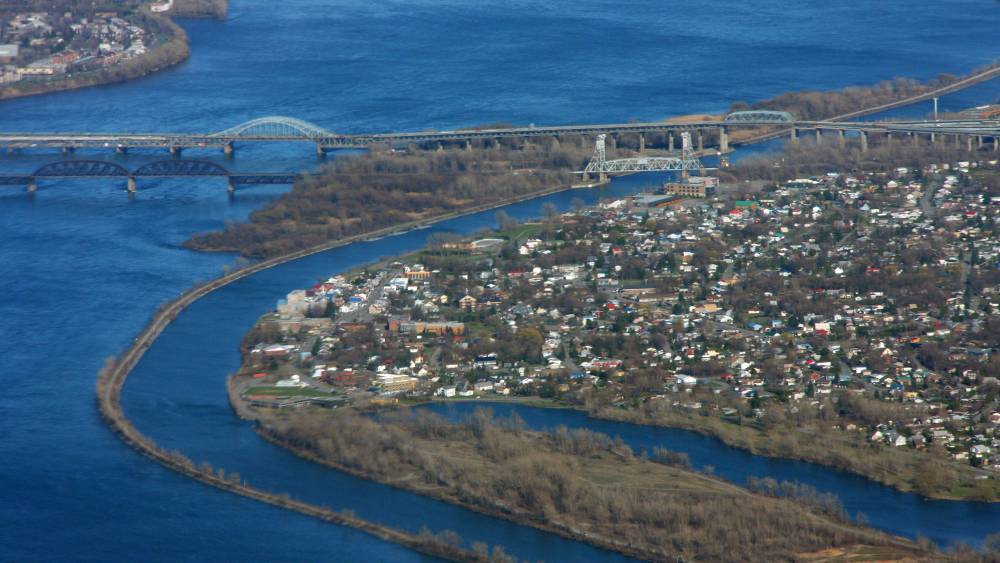

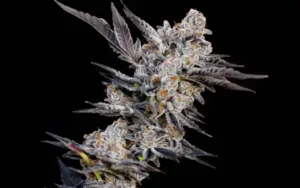
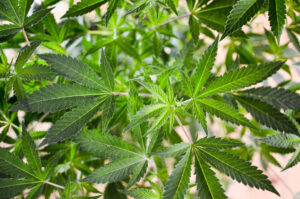
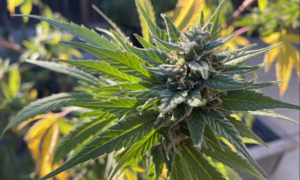
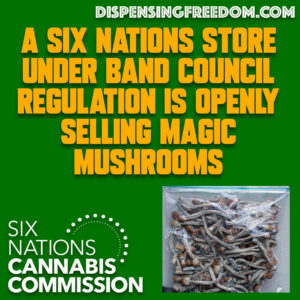
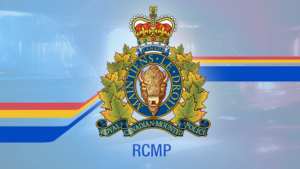
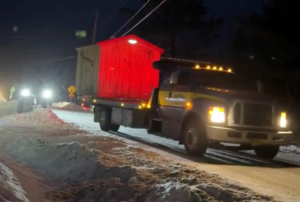
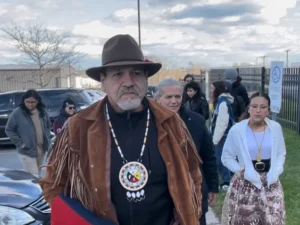
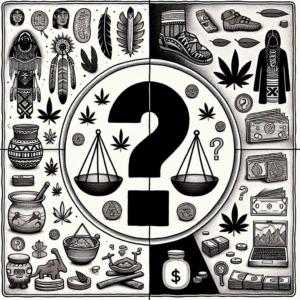
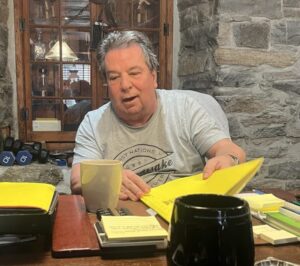
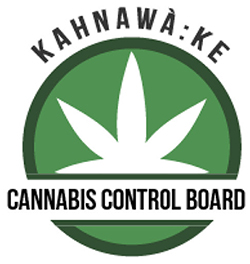

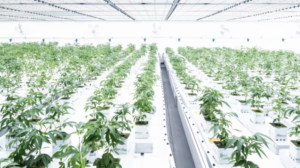

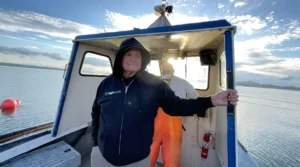

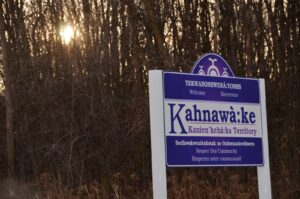

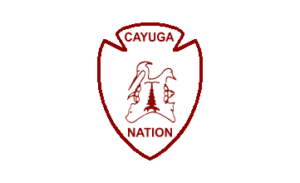

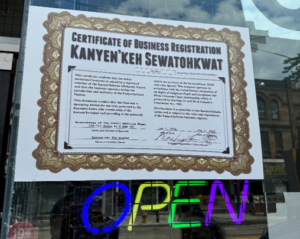

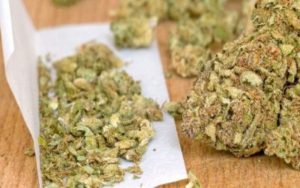
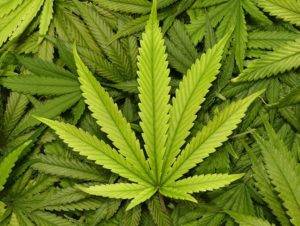
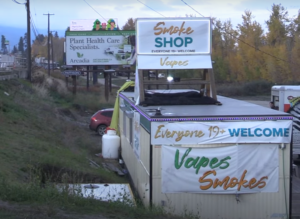

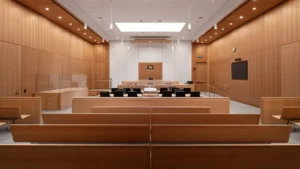
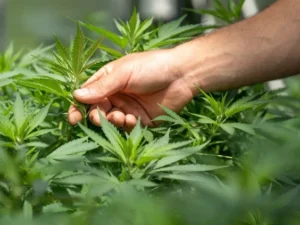
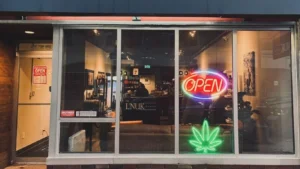
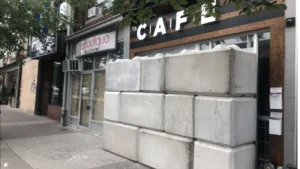
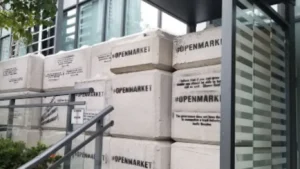
Comments are closed.